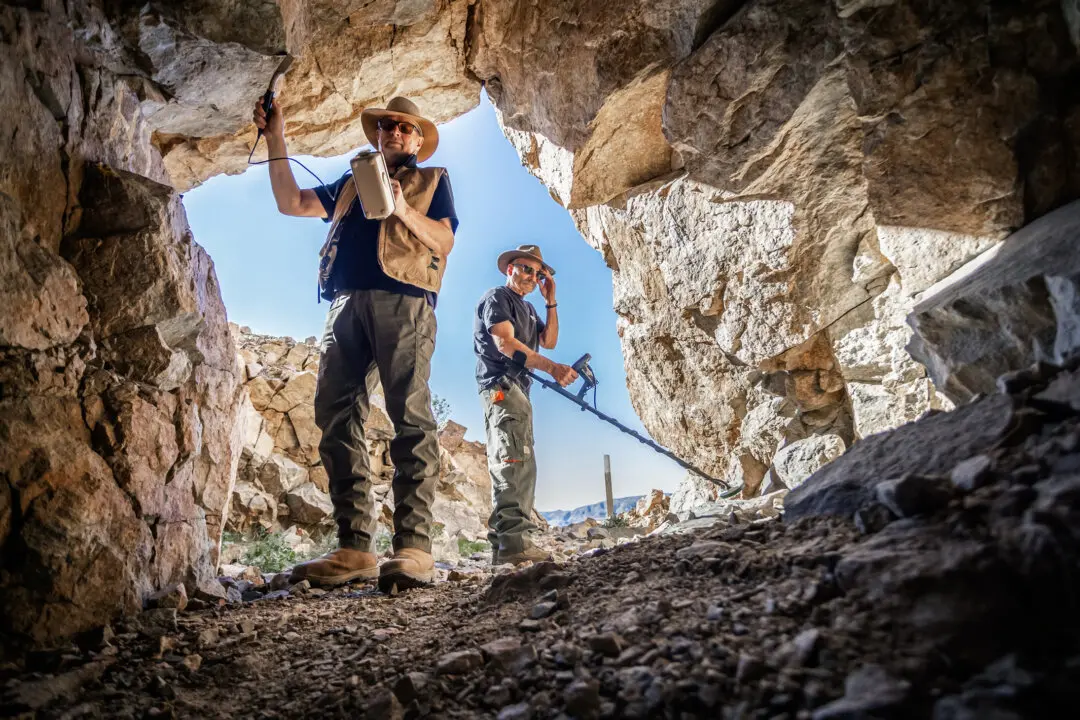Voters have ousted Chesa Boudin as San Francisco’s district attorney.
Unlike California Gov. Gavin Newsom in his recent recall election, Boudin, also a Democrat, didn’t face any opponents. On June 7, San Francisco voters were simply asked to answer yes or no to the question, “Shall Chesa Boudin be recalled (removed) from the Office of District Attorney?”





